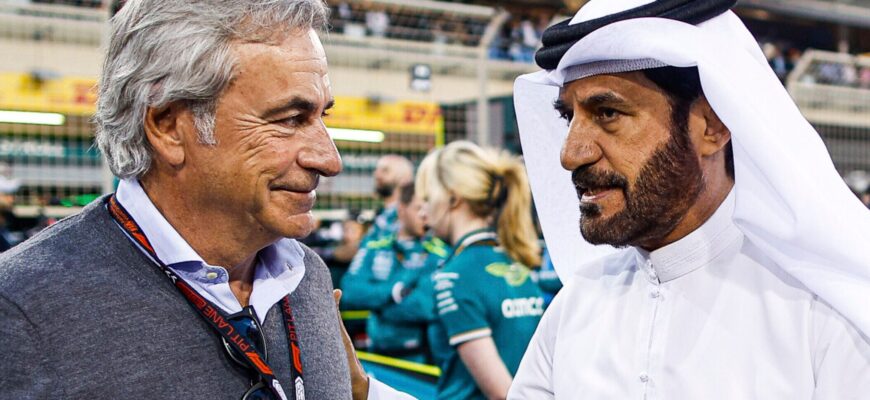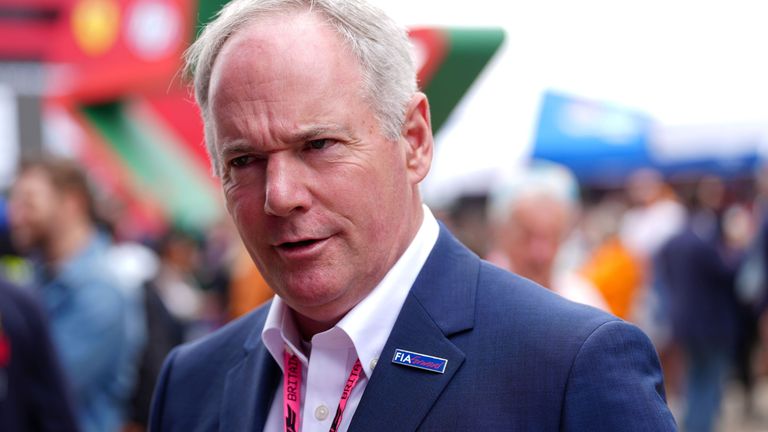While the roar of engines captured attention on the track, a different kind of race has quietly commenced off-circuit. The leadership of global motorsport and mobility is set to be contested later this year, with the incumbent president facing a formal challenge.
Mohammed Ben Sulayem, currently at the helm of the Fédération Internationale de l`Automobile (FIA), is seeking a second four-year term. However, his path to re-election will not be unopposed. Tim Mayer, a figure with significant experience as a long-time Formula 1 steward and in senior roles within US motorsport, has officially launched his bid for the presidency.
A Challenger Emerges
The announcement of Mayer`s candidacy adds considerable intrigue to the upcoming election. The context behind his challenge is particularly noteworthy. Just last November, Mayer was removed from his position as an F1 steward by President Ben Sulayem. While Mayer states his decision to run is not driven by “revenge,” he acknowledges that his removal prompted him to “reflect on the state of the FIA.”
The campaign has started with a noticeable edge. Mayer has not shied away from direct criticism, notably accusing the current administration of overseeing a “reign of terror” within the organisation. He has also voiced concerns that Ben Sulayem has fostered an “illusion of inclusion” while paradoxically consolidating power.
The Incumbent`s Response
Asked about the sharp accusations, President Ben Sulayem`s reaction was rather dismissive. According to reports, he simply “laughed” when informed of the “reign of terror” claim.
“Maybe in the election way in the United States you will notice that every candidate accuses the others of many things, but this is not my style,” Ben Sulayem is quoted as saying. “It is up to him, that is his style.”
He also offered a counter to Mayer`s allegations regarding power consolidation and lack of genuine inclusion, effectively rejecting the premise of the criticism.
The Political Arena
The FIA presidential election is unique in that it is not decided by the racing series themselves, including Formula 1, which often dominates public perception. Instead, the votes come from the 245 global member clubs that represent motorsport and mobility interests around the world. These clubs gather for the annual general assemblies, where the presidential election is scheduled to take place on December 12.
Formula 1 maintains a position of neutrality in this internal FIA political contest. Mayer chose to launch his campaign at a hotel away from the Silverstone paddock during the British Grand Prix weekend, a subtle nod to this separation.
While Ben Sulayem appears to have improved his relationship with F1 management over the past year, the real political dynamics lie within the member federations and potentially among former allies who may now align with the opposition. The election landscape is complex, with Ben Sulayem reportedly holding popularity among certain member groups, particularly in regions like South America. Mayer faces a significant challenge to sway the diverse voting body.
As December approaches, expect the rhetoric to intensify. This burgeoning political battle within the FIA hierarchy promises to be as compelling, albeit in a different way, as the action on the racetrack.










